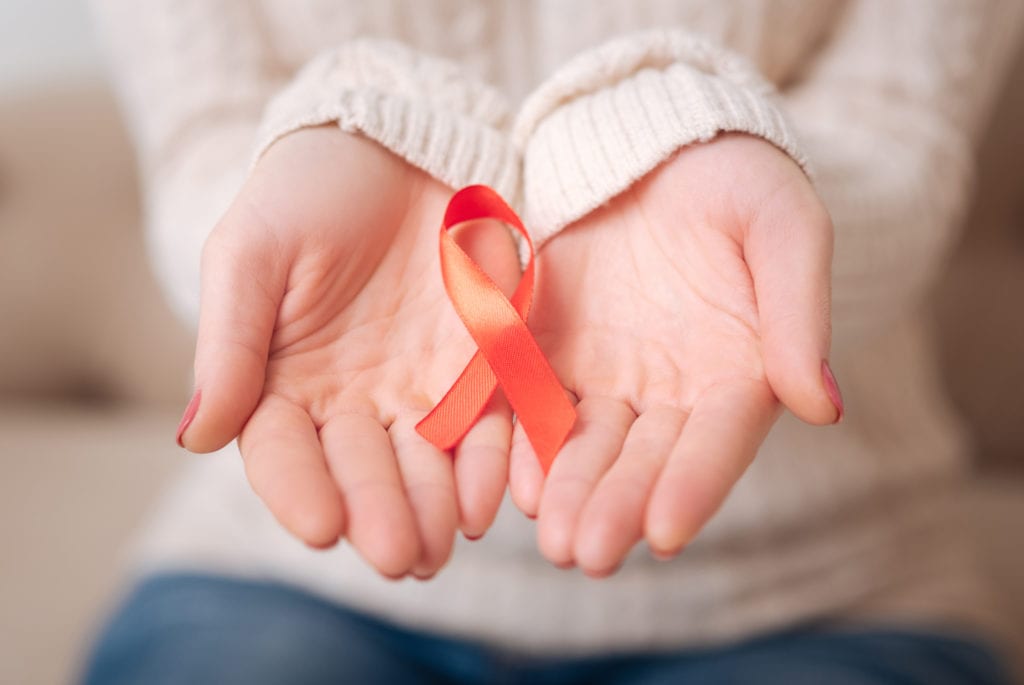More than 1 million people in the U.S. are infected with HIV, which stands for human immunodeficiency virus. This is the virus that causes acquired immune deficiency syndrome, otherwise known as AIDS. About 540,000 new HIV infections occur each year, and 25 percent of those infections are in women. Because HIV can be transmitted from a mother to her baby during pregnancy, birth or breastfeeding, which is known as perinatal transmission, it’s important to be tested for the virus if you recently found out you’re pregnant or are thinking of becoming pregnant.
The good news is that even if you do test positive for HIV, you can greatly reduce the chances of transmitting the virus to your baby with the proper treatment. The risk of perinatal transmission is about 25 to 30 percent in the absence of treatment, but with the right care, it can be reduced to less than 1 percent. Here’s what you need to know about HIV and pregnancy.
What are the risks?
When you’re HIV-positive, you’re more likely to experience complications like preterm birth, intrauterine growth restriction and stillbirth, but these complications are more common in women who live in developing countries. The risks are higher in women who have more advanced cases of HIV that have begun to compromise their immune systems.
With proper treatment and preventative measures, which includes monitoring your viral load, taking prescribed medications, avoiding certain pregnancy procedures, having a c-section if your viral load is too high and not breastfeeding, you can greatly reduce the risk of perinatal transmission.
What should you do?
If you’re HIV-positive and find out that your pregnant, your first step is to make an appointment with a health care provider. You may want to look for a provider who has experience with HIV-positive women in order to get the best care.
From there, your health care provider will do blood tests to determine your viral load, which is the amount of virus in your blood. He or she will also test for your CD4+ cell count, or the number of CD4+ immune cells you have. Your results will help your health care provider decide when you should start taking drugs to suppress HIV and what type of therapy will work best for you. Most women take a combination of drugs that help suppress the virus, prevent drug-resistant strains and preserve immune function.
It’s important to keep up with all of your prenatal appointments and follow your health care provider’s guidelines. You should also be diligent about staying healthy and avoiding factors that can increase the risk of perinatal transmission, like smoking, substance abuse, vitamin deficiencies, malnutrition and sexually transmitted disease infections.
What happens after delivery?
After you give birth, your baby will be tested for HIV in the first day or so after he or she is born. Even if the results are negative, your baby will be put on medications for the first six weeks. He or she should be continually checked in the coming months and years for effects of exposure to the antiretroviral medications while he or she was in utero. If your baby is infected with HIV, he or she will receive a combination of drugs to help control the virus.
It’s also important that you avoid breastfeeding your child if you’re HIV-positive, since the virus can be transmitted through your breast milk. There are a variety of safe, healthy formula alternatives for babies that you can use in place of breast milk to give your baby the nutrition that he or she needs to grow.
